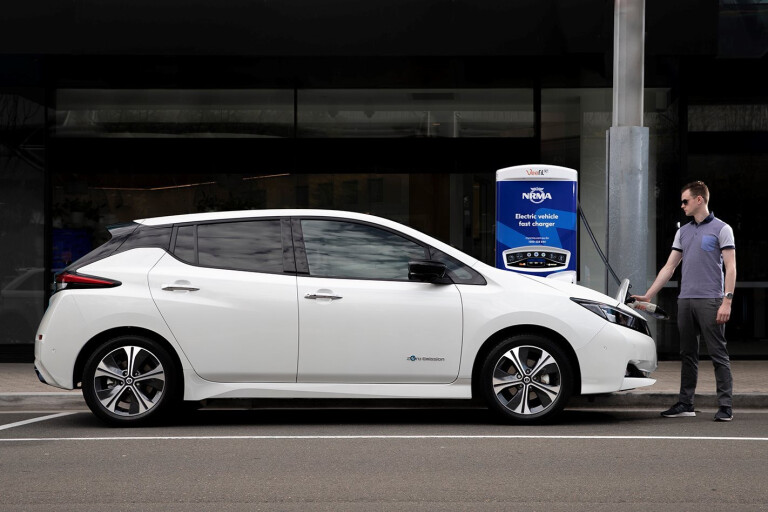
A new report has identified the key challenges preventing electric vehicles from becoming mainstream and when they are likely to be solved.
The study, Accelerating The Evolution: The tipping points to mainstream electric vehicle adoption, curiously commissioned by Castrol, explored the views of nearly 10,000 consumers, fleet managers and industry specialists across eight of the world’s most significant EV markets.
It identifies the likely ‘tipping points’ as:
Price
According to the report, the purchase price of an EV is the most important issue for consumers. The tipping point price tag when mainstream adoption is likely to be achieved is just under US$36,000 ($49.500), it says - equivalent to the average price of a car in the United States.
Nearly two thirds of the consumers surveyed (63%) view the current EV models on the global market as beyond their price range.
Charge time
The length of time it takes to charge an EV's battery was the second most important critical challenge for consumers. According to the study, the mean charge time tipping point for mainstream adoption is 31 minutes, equivalent to the length of the average lunch break.

Although this is far longer than the average internal combustion engine (ICE) refuel, it is only 10 minutes longer than the respondents’ average break at a rest stop (21 minutes).
Range
Vehicle range was the third most important facet for consumers in the study, even in Europe.

For mainstream adoption to be achieved, consumers believe EVs need to reach a range of 469km – equivalent to the distance between London and Paris.
Fleet managers indicated they have even higher expectations, requiring a range of 550 km. ICE equivalents can achieve between 500 and 1000km.
Charging infrastructure
Seventy percent of consumers surveyed said they believed the majority of cars will become fully electric when charging infrastructure is as easily available as service stations.
Most important is having the ability to charge at home or nearby (70 percent), followed by having a charge point at work or nearby (67 percent).

Nearly two-thirds of consumers (62 precent) said they wanted a guarantee that the power at charging points was provided by renewable energy sources.
Vehicle choice
While vehicle choice was the least important element for surveyed consumers, it was the second most important buying factor for fleet managers.
To achieve mainstream adoption, creating more familiar models will be key: more than half of consumers (54 percent) and fleet managers (53 percent) in the study said they would consider making the switch if there was an EV equivalent to their favourite ICE car.
When will the EV market tip?
According to Castrol, its data shows achieving an average $36,000 price, 31-minute charge time and 469km range would rapidly accelerate the global market for EVs by 2025.

Even so, there will be initial caution before a large-scale switch is seen, with 61 percent of consumers adopting a ‘wait and see’ approach, and battery technology are fundamental to driving the development of the fully electric car market.
And, while 58 percent of fleet managers are personally motivated to make a positive difference to the environment by making their fleet fully electric, more than half (54 percent) are waiting for their competitors to make the switch before they do.
COMMENTS